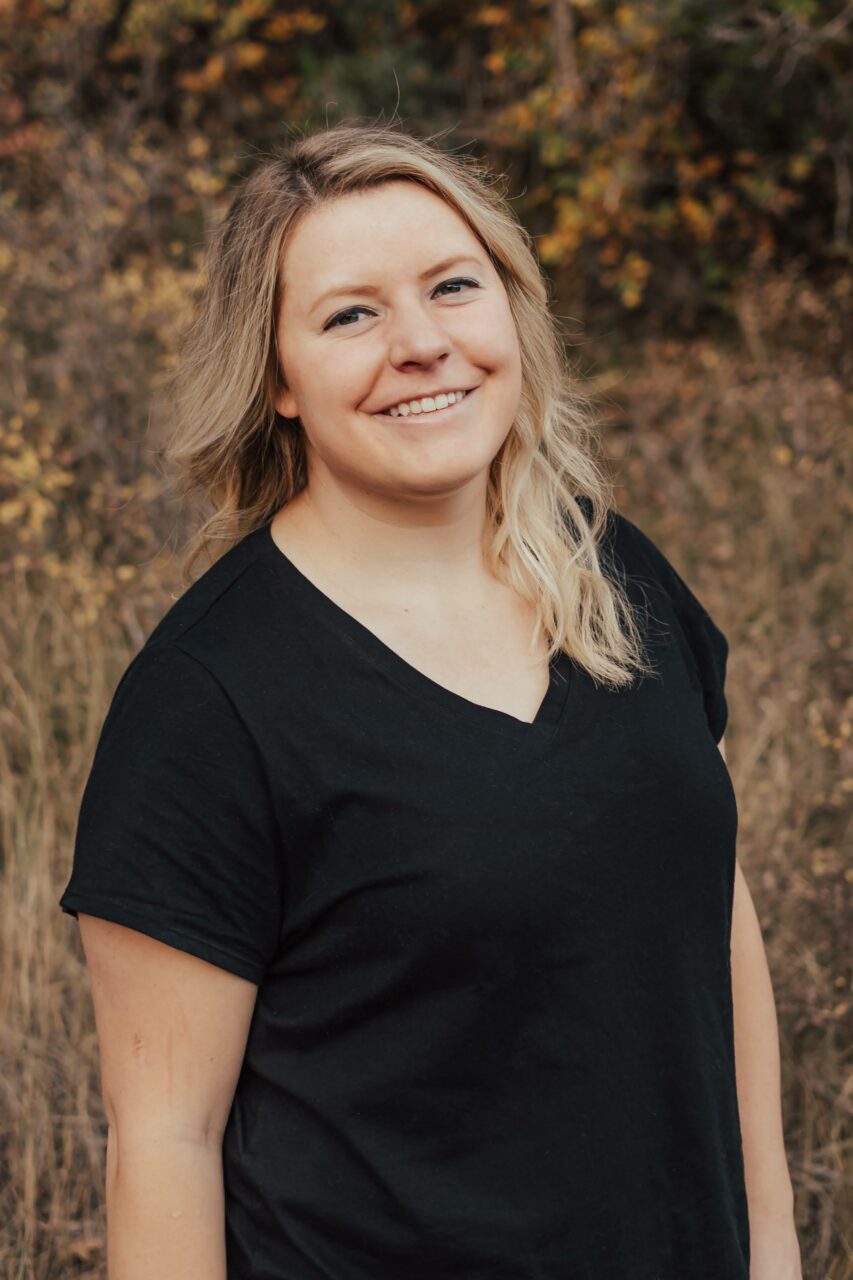
Every day, Kimber Shepard has to decide how she will use her spoons, whether it is getting ready for the day, going out with friends or getting out of bed in the morning.
The “Spoon Theory,” in this case, refers to a metaphorical manifestation of how much energy she has per day.
“I only have so many spoons a day that I can allocate for energy, and each thing requires energy,” Shepard said. “So, if I only have 12 spoons a day, how will I mitigate that?”
Shepard grew up playing various sports; she played rugby for about eight years and was constantly piling more on her plate.
“I was always like, ‘I could get hit by a car and be fine,’” Shepard said. “I thought that was how it would be most of my life.”
However, when Shepard graduated from her undergraduate program in 2019, she said she started experiencing symptoms of Crohn’s disease and was diagnosed just before starting graduate school.
“It was like all that stress just released and my body was like, ‘Time to give you a problem,’” Shepard said.
Chronic diseases such as Crohn’s often have flare-ups, where symptoms are more active or severe. Shepard said that Crohn’s disease causes inflammation throughout the entire body, often making her body very painful.
Early symptoms of Crohn’s include intense abdominal pain, sluggishness, negative reactions to food and more. It is recommended to see a doctor if experiencing abdominal pain, nausea and vomiting, unexplained weight loss or other symptoms, according to Mayo Clinic.
“I wish there was some consistency, but often, it is that every day is different,” Shepard said.
While her flare-ups and energy levels may vary from day to day, Shepard’s husband Bryce said he is proud of what she is able to do through her chronic disease and admires her ability to stay strong.

“Something I admire about Kimber is her tenacity,” Bryce Shepard said. He mentioned some of his wife’s past accomplishments with sports and academics, and said, “Since being diagnosed with Crohn’s disease, that tenacity is still there, just in a different form.”
Bryce said it has been an adjustment for Kimber to learn her new limits, “But she has always been able to prove to herself that she is in control, and push through her limits.”
Kimber said her perspective on life changed after her diagnosis. She has had to find ways to balance her energy for the day, saying that one of the most important things she does is to listen to her body and focus on the most important task.
Sometimes, taking care of the most important thing that day might mean having to push back working on her thesis about British literature from the 1700s to the early 1800s.
“I have to go at a different pace than everyone. That’s what I have to remember,” Kimber said. “I have to have breaks or rest times or just something where I can kind of recoup and try to add more spoons if possible.”
Kimber said she needs to make sure that her rest time is actually restful so she can be productive after her break.
“The most important thing you need to understand about someone with a chronic illness is that you do not know what they are going through. And you can’t,” Bryce said.

Kimber said that while grad school and Crohn’s can be draining, she does her best to make sure she is prioritizing her relationship with her husband and still spending time with her friends.
Britta Adams became friends with Kimber while they were both in their grad program. Adams said she and Kimber were able to be a safe space for each other and talk about the parts of grad school that are not talked about as often.
Adams addressed some misconceptions about being friends with someone who has a disability or chronic illness, saying some people might think it is hard to spend time with someone who may be impacted by it.
“I don’t actually think that’s true,” Adams said. “It’s more just about finding things that work for you.”
Adams said she and Kimber often talk to each other over Zoom if that is what works best with their schedules and depending on how many spoons Kimber has.
“I think it’s just good to know what is going on with them so that you can do what you can, either to make things easier for them or to kind of give them a space to vent about it,” Adams said.
Kimber’s advice for those who may have been recently diagnosed is to remember that success looks different for everyone. She says it is important to develop acceptance and “realize new love for yourself.”
Kimber Shepard shared, “It is OK to not be OK.”




